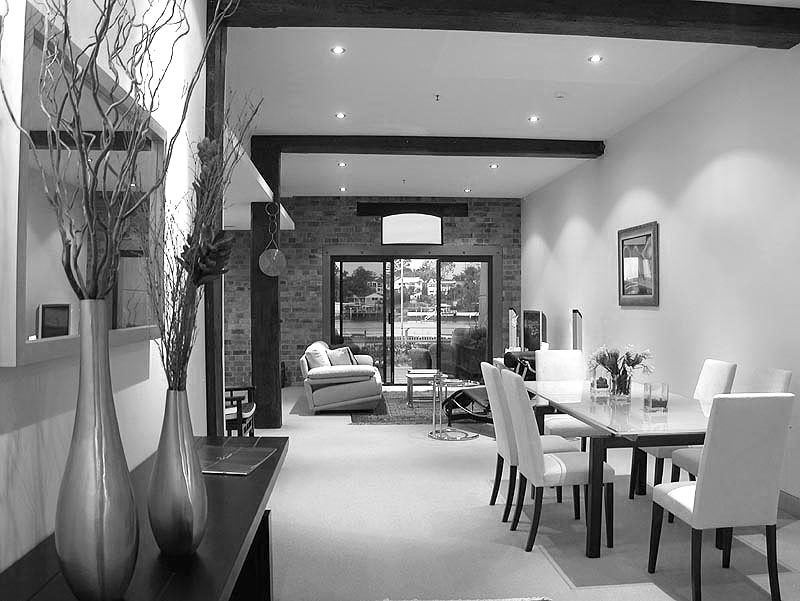Body Corporate Know-How
Buying an apartment in a multi-storey building presents particular issues for both owner-occupiers and investors. Apartment blocks usually have a body corporate, which is a legal entity to which each owner in the development belongs. If there is common property, there must be a body corporate.
The body corporate’s main role is to maintain the common property. Common property is owned by members of the body corporate in proportion to their lot entitlements. Look at the title plan to check lot entitlement and lot liability. Lot liability determines the proportion of maintenance and body corporate administration expenses that each owner is obliged to pay.
Before buying an apartment, check that the body corporate has taken out reinstatement insurance to cover repairs to or replacement of the building, and also public liability insurance of at least $10 million.
The behaviour of body corporate members is governed by rules. There are standard rules that control noise, parking, pets and other matters.
However, bodies corporate are able to create special rules that vary or add to the standard rules. For example, pets might be banned altogether. It is advisable to make inquiries regarding the particular rules that apply to an apartment before committing yourself.
If you are considering buying an apartment, find out whether the boundary of the property is the interior or exterior of the walls, or somewhere else. This is very important: issues may arise as to who is responsible for repairs outside walls, or whether the owner has a right to attach signs to exterior walls without having to get permission from the body corporate first. Only the title documents will tell you where the boundaries are.
Apart from the legalities, apartment living involves being in close proximity to other people. This presents various issues. Before signing on the dotted line, you should investigate the level of noise from neighbouring units and the street. Poor design and materials could mean that slamming doors and flushing toilets are very audible. Also, some inner-city developments are in entertainment precincts. Bars and pubs can generate late-night noise for local residents. This is a consideration for investors too: you don’t want a constant turnover of tenants put off by excessive noise.



